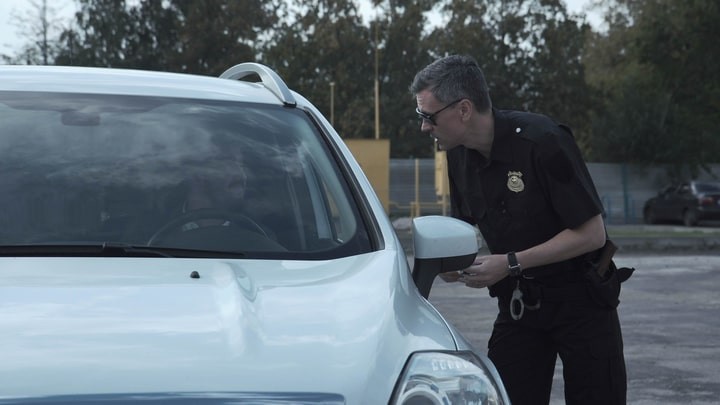
DUI checkpoints are not legal in Texas. For a checkpoint to be lawful under the Fourth Amendment, a state must establish uniform legal procedures. Texas has not created such a system, so DWI checkpoints are considered unconstitutional. Law enforcement may conduct driver’s license checkpoints, but using them to investigate impairment raises legal concerns. Drivers should know that while sobriety checkpoints are allowed in other states, they are not permitted in Texas.
In Texas, DUI checkpoints, also known as DWI checkpoints, are not legally permitted. Instead, law enforcement may set up other types of checkpoints. These checkpoints can be primarily aimed at verifying valid driver’s licenses.
However, the legality of these roadblocks can be ambiguous, potentially leading to DWI arrests.
DWI checkpoints in Texas are unconstitutional because Texas has not established this type of state-wide administrative scheme. So if DUI checkpoints are not legal in Texas, what does this mean for you?
Evidence is inadmissible if police collect it from illegal DWI checkpoints. This means the State won’t be able to use it to prove you were driving while intoxicated.
An experienced San Antonio DWI attorney can help you challenge inadmissible evidence and fight for your charges to be dismissed. To learn more, please contact us today.
What is a DWI Checkpoint?
DWI checkpoints, commonly known as sobriety checkpoints or DUI checkpoints, are predetermined locations where law enforcement authorities set up temporary roadblocks to assess and screen motorists for any signs of driving under the influence of alcohol or drugs.
These checkpoints play a crucial role in deterring impaired driving and ensuring road safety by enabling officers to conduct field sobriety tests and, if necessary, chemical tests to identify drivers who may be operating vehicles while intoxicated.
At DWI checkpoints in Texas, the police will check each driver’s license, insurance, and registration. They will also look for visible signs of intoxication, such as slurred speech or difficulty accomplishing any of the requested tasks.
If the police officer has reason to suspect that the driver is intoxicated, they will administer roadside sobriety tests. These involve doing tasks like walking a straight line, maintaining your balance on a single leg, or exhibiting visible involuntary signs of intoxication while having your eyes checked.
If the police officer continues to believe that the driver is intoxicated and that they have probable cause to make an arrest, the officer will arrest the driver for DWI at the checkpoint.
When Can You Be Pulled Over for DWI in Texas?
Arrests in Texas continue for DWI even without the use of non-legal DUI checkpoints in Texas. You can be pulled over for DWI if the officer reasonably suspects you may be intoxicated.
A police officer will observe how you are driving, and if you show any signs of intoxication, they may stop you to investigate. The police may also investigate you for DWI if they pull you over for another valid reason and then observe signs of intoxication.
For example, an officer might pull you over for having a broken tail light and then notice that your speech is slurred, and your breath smells like alcohol.
The police officer will conduct the same evaluation they would at a checkpoint, including asking you to perform field sobriety tests.
In Texas, you have the right to refuse field sobriety tests. If the officer determines that they have probable cause to believe you have committed DWI, even without field sobriety test results, they may arrest you at that time.
Being arrested does not mean that you are guilty; the State still has to prove beyond a reasonable doubt that you were intoxicated while driving.
An experienced San Antonio DWI attorney can help evaluate the evidence against you and provide you with the best defense against the DWI charge you are facing.
Do I Have to Take a Breathalyzer Test in Texas?
Under Texas law, you will be requested to submit to a breathalyzer test after arrest, but not before. If the officer has pulled you over but not arrested you, you have the right to refuse to take the test.
Refusal to submit to testing after arrest will result in a likely revocation of your driver’s license, even if you are found not guilty of the DWI. The required bond conditions after arrest may also include blood and urine tests for alcohol or drug use.
Get in Contact with a Skilled DWI Lawyer in South Texas
The DWI attorneys at Austin Hagee Law Firm are former prosecutors with significant experience in criminal defense matters, including DWI.
Being arrested for DWI can be a challenging experience, and a knowledgeable defense attorney can best help you through this time.
If you are facing a first-time DWI or a second or third offense, please contact us to discuss your situation. We want to hear your story and help you build your defense.
